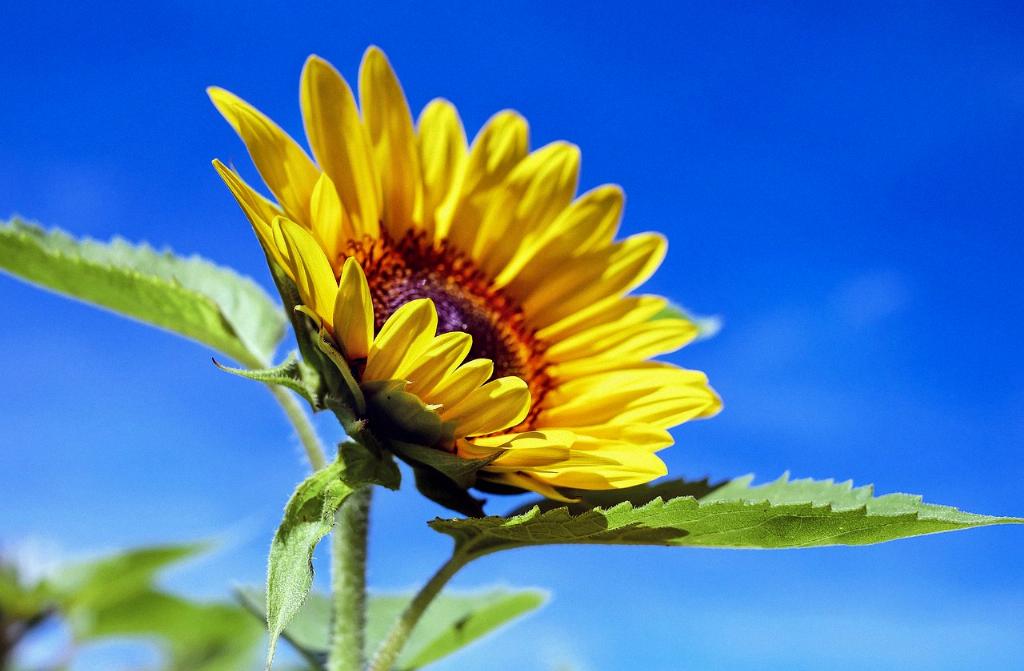When it comes to gardening in Sacramento, California, understanding the specific gardening zone is crucial for successful plant growth. Sacramento falls into USDA Hardiness Zone 9, which plays a significant role in determining the types of plants that can thrive in the region.
What Is USDA Hardiness Zone 9?
USDA Hardiness Zone 9 is characterized by mild winters and warm summers, making it a favorable environment for a wide variety of plants. In Sacramento, this zone provides ideal conditions for both ornamental plants and edible crops.
Planting Considerations in Zone 9
For gardeners in Sacramento, planting at the correct time is essential for ensuring the success of their garden. Understanding the unique climate and weather patterns of Zone 9 can help determine the optimal planting schedule for different types of plants.
Recommended Plants for Zone 9
In Zone 9, gardeners have the opportunity to grow a diverse range of plants, including citrus trees, tomatoes, peppers, and a variety of ornamental flowers. These plants thrive in the warm temperatures and mild winters that characterize the Sacramento area.
Factors to Consider for Zone 9 Gardening
When planning a garden in Zone 9, factors such as soil quality, sunlight exposure, and watering needs should be taken into consideration. Understanding these elements can help optimize plant growth and ensure a flourishing garden.
Gardening Tips for Zone 9
For gardeners in Sacramento, implementing proper gardening practices is essential for maintaining a healthy and vibrant garden throughout the year. Regular watering, fertilizing, and pest control are key aspects to consider for successful gardening in Zone 9.
Seasonal Planting Guide
Creating a seasonal planting guide can help gardeners in Zone 9 stay organized and ensure they are planting the right crops at the right time. By following a planting schedule tailored to the Sacramento climate, gardeners can optimize their harvest and maximize plant growth.
Importance of Soil Testing
Conducting soil tests in a Zone 9 garden can provide valuable insights into the nutrient levels and pH balance of the soil. By understanding the soil composition, gardeners can make informed decisions about fertilization and soil amendments to support plant growth.
Utilizing Mulch in Zone 9 Gardens
Using mulch in a Zone 9 garden can help conserve moisture, suppress weed growth, and regulate soil temperature. Organic mulches such as straw or compost can enhance soil fertility and provide a protective layer for plant roots.
Benefits of Companion Planting in Zone 9
Practicing companion planting in a Zone 9 garden can offer numerous benefits, such as pest control, improved pollination, and enhanced nutrient uptake. Pairing compatible plants together can create a harmonious ecosystem that supports overall plant health.
Harvesting and Preserving Garden Produce
As plants reach maturity in a Zone 9 garden, harvesting produce at the right time is crucial for optimal flavor and freshness. Additionally, exploring various methods of preserving fruits and vegetables, such as canning or freezing, can help extend the harvest season.
Community Involvement in Zone 9 Gardening
Engaging with the gardening community in Zone 9 can provide valuable insights, tips, and support for both novice and experienced gardeners. Participating in local gardening events, workshops, or online forums can foster a sense of community and shared knowledge.
Final Thoughts on Gardening in Zone 9
In conclusion, gardening in USDA Hardiness Zone 9 offers a wealth of opportunities for Sacramento residents to cultivate a thriving and productive garden. By understanding the unique characteristics of Zone 9 and implementing best practices, gardeners can enjoy a bountiful harvest and a beautiful landscape year-round.

